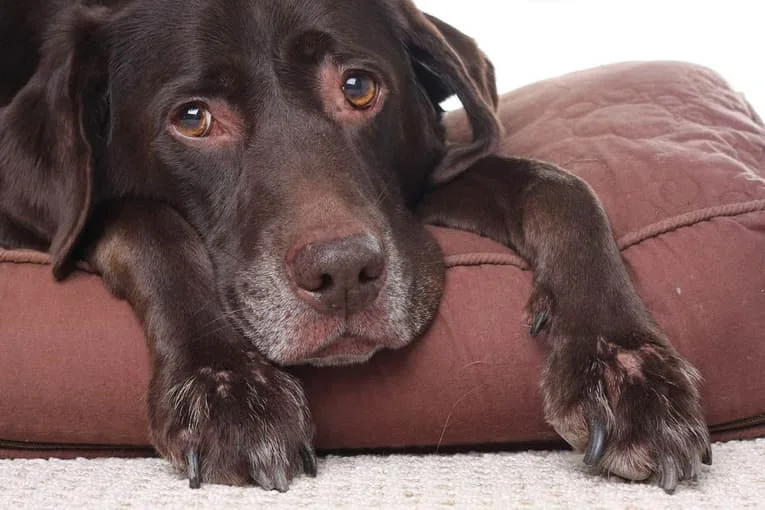Similar to humans, tumors, masses, and other growths can develop on a pet's internal organs or skin. While tumors aren't always dangerous, it may be necessary for your pet to have its tumor removed. The veterinarians at Pleasant Valley Veterinary Clinic in McMurray, PA can examine your pet and remove tumors or masses if necessary.
What Causes Tumors in Pets?
While the root causes of a tumor can vary, tumors typically form due to abnormal cell growth in an animal's skin or tissue. Some tumors look like small bumps, while others are large growths that may interfere with your pet's normal function.
Although people frequently use the words "cancer" and "tumor" interchangeably, many tumors are not cancerous. Non-cancerous tumors are also referred to as benign tumors. Even though these tumors aren't malignant, they can grow if they're not treated, which is why they may need to be removed.
Cancerous tumors are known as malignant tumors. These growths can quickly spread throughout the body, which is why tumor removal is necessary. Malignant tumors are resistant to treatment and may reappear even after a tumor has been removed.
Some potential causes of tumors include:
- Aging
- Exposure to carcinogens such as paints or herbicides
- Hormonal abnormalities
- Diets
- Obesity
- UV light exposure
How Tumors Are Diagnosed
If you see an unusual growth in your pet, you'll want to bring them to our animal hospital for treatment right away. Your veterinarian can examine the tumor and run diagnostics to see if the tumor is cancerous. Tumor cells can be collected via a procedure called fine needle aspirate or through a biopsy.
Even if the tumor is benign, your vet may recommend that you have the growth removed. Benign tumors usually respond well to treatment, and many growths can be completely removed via surgery.
What to Expect During Tumor Removal
Your pet will need to be under anesthesia during the removal surgery. Anesthesia will keep your pet unconscious so that it doesn't move or experience pain during the surgery. Our veterinarians will closely monitor your pet's vital signs throughout the procedure.
Once your animal is anesthetized, the surgeon will remove the tumor as well as some of the tissue around it. The incision will be closed up with sutures. After the procedure, you'll want to follow your vet's aftercare instructions closely to make sure your pet can recover quickly.
Bring Your Pet to Our Animal Hospital in McMurray, PA!
Unusual growths can be cancerous, which is why you shouldn't wait to have your pet examined by a vet. When you bring your pet to Pleasant Valley Veterinary Clinic, we'll examine the tumor to see if it should be removed. Call (724) 941-5484 to make an appointment.


